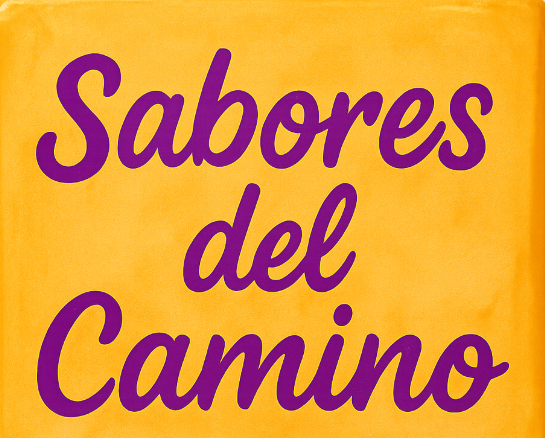One thing to watch out for over the Christmas period is Innocents Day or Día de los Santos Inocentes. Think of this as a version of April Fools Day, but in winter, in Spain.
Día de los Santos Inocentes: Spain’s Day of Pranks and Playful Traditions
In Spain, December 28th marks a unique celebration known as “Día de los Santos Inocentes” (Day of the Holy Innocents), which has evolved from its somber religious origins into Spain’s equivalent of April Fools’ Day. This fascinating holiday demonstrates how cultural traditions can transform over time, blending sacred remembrance with lighthearted fun.
Historical Origins and Religious Significance
The day’s religious roots trace back to a tragic event in Biblical history: King Herod’s order to kill all male children under two years old in Bethlehem, hoping to eliminate the prophesied newborn King of the Jews (Jesus). These children became known as the “Holy Innocents” or “Santos Inocentes” in Spanish, considered the first Christian martyrs despite never knowing Jesus themselves.
In medieval times, the day was purely a religious observance, with churches holding solemn ceremonies to honor these innocent victims. However, as often happens with religious festivals, the meaning gradually shifted as it merged with popular culture.
The Evolution into a Day of Pranks
The transformation of this somber remembrance into a day of jokes and pranks presents an interesting cultural phenomenon. One theory suggests that the concept of “innocence” gradually became associated with the gullibility of those who believe others’ tricks and lies. The Spanish phrase “eres un inocente” (you are an innocent) came to mean someone who is easily fooled.

Modern Celebrations and Traditions
Today’s celebrations of Día de los Santos Inocentes bear striking similarities to April Fools’ Day, but with distinctly Spanish characteristics. The festivities typically include:
The Monigote Tradition: Perhaps the most visible symbol of the day is the “monigote” – a paper cutout figure that pranksters secretly stick on people’s backs. When someone walks around unaware they’re wearing a monigote, they become the subject of good-natured laughter. This tradition teaches us about the importance of being able to laugh at ourselves.
Media Participation: Spanish news outlets traditionally participate by including one false story in their December 28th broadcasts or publications. These stories are usually outlandish enough to be detected by astute readers but believable enough to momentarily fool others. At the end of the day, media outlets reveal their pranks, often using them as teaching moments about critical thinking and the importance of verifying information.

Community Celebrations: Many Spanish towns and villages organize special events where practical jokes are played on a community scale. These might include false announcements of impossible events, staged situations, or community-wide scavenger hunts based on false clues.
Regional Variations Of Innocents Day
Like many Spanish traditions, Día de los Santos Inocentes celebrations vary by region. In Catalonia, the day often incorporates elements of local humor and traditions. The Valencian Community sometimes combines the celebration with winter festivals, creating a unique blend of pranks and seasonal celebrations. In Madrid, some neighborhoods organize “inocentadas” (pranks) competitions, awarding prizes for the most creative and harmless jokes.
Social Impact and Modern Relevance
In today’s digital age, Día de los Santos Inocentes has adapted to include social media pranks and online jokes. However, there’s an underlying social function to this tradition that remains relevant: it serves as a pressure valve, allowing people to temporarily step outside normal social constraints and engage in harmless mischief.
The celebration also teaches valuable lessons about trust, skepticism, and the importance of maintaining a sense of humor. In an era of “fake news” and information overload, the day provides an opportunity to discuss the difference between harmful deception and playful jokes.
Guidelines and Etiquette
While the day is about fun and pranks, Spanish society has developed unwritten rules about appropriate “inocentadas”:
- Pranks should never cause harm or genuine distress
- Jokes should be revealed by the end of the day
- Property damage is strictly forbidden
- Emotional manipulation or cruel deceptions are considered inappropriate
Cultural Significance
Día de los Santos Inocentes exemplifies how cultures can transform solemn religious observances into occasions for community bonding and social commentary. It demonstrates Spain’s ability to honor historical memory while embracing joy and playfulness, creating a unique cultural expression that serves multiple social functions.
The day remains a beloved part of Spanish culture, offering a yearly reminder that laughter and light-heartedness have their place alongside more serious traditions. It teaches younger generations about the balance between respect for historical events and the need for communal joy and celebration.
As Spain continues to modernize, this tradition adapts while maintaining its essential character, proving that some cultural practices have the flexibility to remain relevant across centuries of social change.



